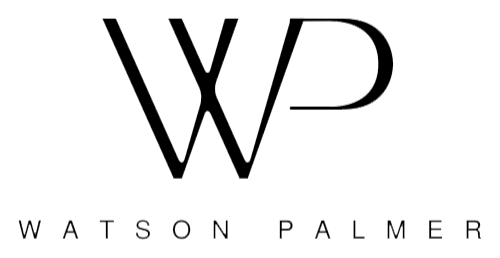Surveillance, and the evolution of technology has been a hot topic in the labour field for some time. Many members have heard about their peers being disciplined or terminated because of covert video or audio recordings. In many arbitration cases surveillance evidence is relied on for the employer to justify their discipline decision. Because of its significant impact on the workplace, courts and tribunals across the country have placed strict guidelines and rules regarding when and how an employer may implement covert surveillance and how it is to be used as evidence at a hearing.
Can Employer’s Secretly Surveil Me?
Yes, in specific circumstances.
There are various forms of surveillance and monitoring that may be used by an employer. The most contentious is covert surveillance.
In order for an employer to use covert surveillance, the surveillance must comply with employment legislation and privacy laws of their respective province or territory. Some provinces, such as BC, have more robust privacy legislation that limits the use for surveillance. In contrast, Ontario has very minimal private-sector privacy laws that governs workplace surveillance.
In addition to legislative restrictions, the case law has established general principles that must be present in order to implement and rely upon covert surveillance. Covert surveillance must meet a high threshold of necessity and proportionality. Employers must be able to show a legitimate, specific concern (e.g., suspected theft, fraud, or misconduct); that less intrusive means (e.g., open monitoring, interviews, audits) have been tried or would be ineffective; and that the invasion of privacy is proportionate to the objective. Even with justification, surveillance is not allowed in areas with a high expectation of privacy.
Can Surveillance Evidence be Used at A Hearing/Arbitration?
Yes.
If the employer is able to meet the above threshold, they must then disclose the surveillance footage appropriately, for it to be considered at arbitration.
The disclosure of evidence must be done in a timely and fair manner, meaning the employer cannot ambush the union with surveillance evidence. Any form of surveillance evidence must be disclosed to the union at the time particulars are requested as to ensure the union receives ample time to review the evidence and analyze it against their case. Many cases in both Ontario and across Canada have confirmed that surveillance evidence must be disclosed as early as possible, failure to do so would likely undermine procedural fairness. While no specific labour legislation within Ontario provides a specific timeline for when surveillance evidence must be disclosed, it is best to review your locals collective agreement to find specific protections and rights of the union regarding timelines of disclosure. If your Collective Agreement is properly negotiated, there may be an outlined timeline on disclosure which would be a significant benefit towards the union. Early disclosure will likely strengthen the union’s position in commencing labour arbitration, not only does early disclosure allow for fairness, it allows for the grievor to know the full case against them.
What Happens If It’s Not Disclosed Properly?
It may not be accepted at Arbitration as evidence. This may impact the outcome of the case.
In cases where an employer fails to disclose their surveillance evidence or willingly decides to ambush the union by relying on evidence late into the proceedings, the Arbitrator will require the employer to provide sufficient reasoning for withholding surveillance evidence. If an employer cannot provide justification a union may seek an adjournment to properly review the evidence, or in some cases request that the evidence not be used for the purpose of the hearing (evidentiary exclusion).
In cases where Arbitrators have allowed for late disclosure in the use of assessing a grievors credibility, Arbitrators will still recognize the unions right to fairness and often allow additional time for the union to review the evidence for adequate preparation.
In cases of improper disclosure, Arbitrators have been seen to limit the use of surveillance evidence, emphasizing the requirement of a fair proceeding for the grievor. Additionally, the cases across Ontario have set a strong precedent for unions, that when an improper handling of disclosure occurs, the evidence cannot be used against the grievor. In cases where there has been failure or delay in disclosure, the union may seek exclusion of the evidence, adjournment to review and prepare a response to the evidence and in some cases seek costs which are awarded for the delay in proceedings.
While surveillance evidence is allowed within Labour Arbitrations, there are strict rules regarding timelines of the disclosure. It is best to review your local’s collective agreement and determine if specific timelines exist regarding when an employer must disclose any surveillance evidence they will rely on. Additionally, if your Collective Agreement is yet to provide specific timelines, there is a long-standing precedent that surveillance evidence must be disclosed as early as possible, failure to do so may result in the evidence being completely struck out.
Key Take-Aways
Unions should be weary of covert surveillance, and scrutinize its use within the workplace.
Requests for surveillance, especially covert surveillance should be requested as soon as possible.
Consider negotiating the use of covert surveillance into your collective agreements, to better control the process.
Disclaimer
The content within this blog is provided for general information purposes only and does not constitute legal or other professional advice or an opinion of any kind. Watson Palmer Labour Lawyers does not warrant or guarantee the quality, accuracy or completeness of any information contained in this blog.
If you would like more information, or have a specific question you would like to discuss with our Firm, please contact us by email at legalassistant@watsonpalmerlaw.com




